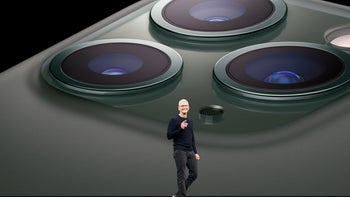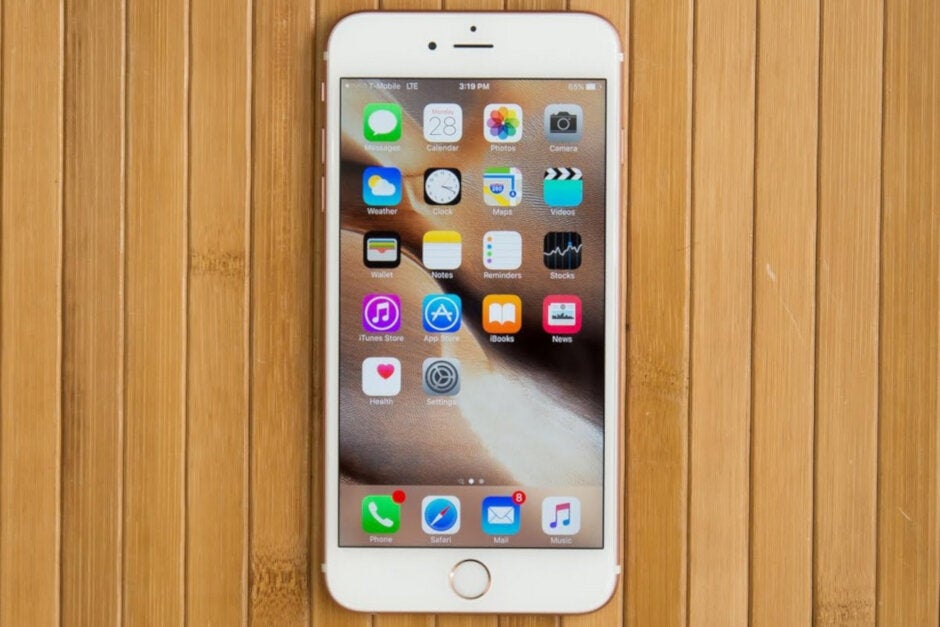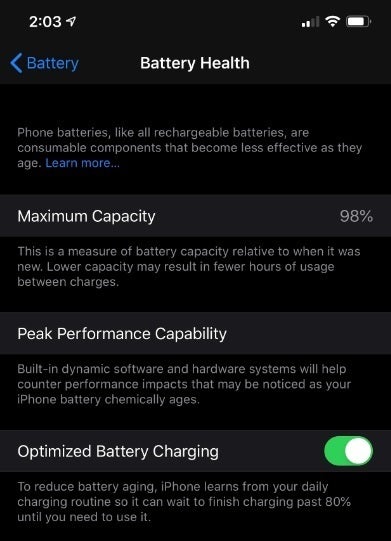Judge gives preliminary approval to settlement of iPhone #batterygate lawsuit

Early this past March, Apple reached a settlement with plaintiffs who were suing the company in a Class-Action suit. The firm was accused of throttling the CPU of older iPhone models without obtaining permission from device owners. The settlement was said to be in the range of $310 million-$500 million which would result in Apple cutting a check in the amount of $25 for each member of the class while the lawyers were to receive $93 million in aggregate.
A final hearing will take place in December
According to Law360 (via MacRumors), a virtual hearing was held yesterday via Zoom during which U.S. District Judge Edward J. Davila signed off on preliminary approval of the settlement but extended the deadline for a final agreement due to the COVID-19 pandemic. The judge instructed Apple's attorneys to come up with a date in December when a final hearing can be held.

The Apple iPhone 6s is one of the models that Apple throttled with the iOS 10.2.1 update in 2017
The Class-Action suit consolidated a large number of lawsuits against Apple over this issue. During the litigation, Judge Davila granted Apple's motion to dismiss claims related to battery performance and false advertisements placed outside of the states. He also shot down charges that Apple broke federal hacking laws. And while the judge wanted Apple to post notices of the settlement in multiple languages, the company noted that the settlement is related to a U.S. Class-Action and a settlement notice in various languages could confuse or mislead international consumers. Apple's counsel, Christopher Chorba of Gibson Dunn & Crutcher LLP, also pointed out that the settlement is being offered only to owners of the Apple iPhone 6, iPhone 6 Plus, iPhone 6s, iPhone 6s Plus, and the first-generation iPhone SE. These models ran iOS 10.2.1 or later versions of Apple's mobile operating system. The settlement also will pay U.S. owners of the iPhone 7 and iPhone 7 Plus that had iOS 11.2 or later installed before Dec. 21, 2017.
Not every affected consumer is enamored with the settlement and a 55-page objection was received by the judge who said that it wasn't relevant to his decision to grant a temporary approval. He said that the objections would be discussed during the final approval hearing. On Friday, the attorneys for both sides said that the settlement was fair.
The issue that instigated the lawsuit was known as #batterygate; it began when older iPhone models started shutting down in January 2017 after being asked to perform processor-intensive tasks. The batteries inside these units were failing to provide enough power to allow the processor to handle these tasks. The next month, Apple sent out iOS 10.2.1 which made this problem go away (this feature was introduced to the iPhone 7 series through the update to iOS 11.2). At the same time, owners of older iPhone models were noticing that their handset was slowing down and some even wondered whether Apple was practicing planned obsolescence to force consumers to upgrade to a newer model.

Apple eventually added a Battery Health meter to the iPhone so that users will know in advance when to replace the battery on their handset
What really happened was that the iOS 10.2.1 update allowed Apple to throttle the CPU on certain iPhone models to allow the weakening batteries on these units to feed enough power to the processor so that it could keep up with the more power-intensive demands. Apple kept its mouth shut about the throttling until an investigation made by an independent user discovered what was really going on.
Once the truth was made known, Tim Cook issued a public apology in December 2017 in the form of an open letter titled "A Message to Our Customers about iPhone Batteries and Performance." In his missive, Cook said that he understood why consumers were saying that Apple had let them down; at the same time, the executive said that the company would never do anything to shorten the lives of its products. Apple's CEO announced a drastic 63% cut on the price it charges to replace the battery on certain out of warranty iPhone models. Normally $79 at the time, the $50 discount provided users of included iPhone models with a fresh battery for only $29. The discount was offered for a year and demand for this service was so high, it became hard to make an appointment for Genius Bar service at Apple Stores.
#Batterygate led Apple to develop the Battery Health feature that is currently found on the iPhone at Settings > Battery > Battery Health. This measures in percentage terms how much of the long-term life of the battery remains on a user's iPhone. The battery is measured at 100% when the phone is booted-up for the first time and as an example, a reading of 98% means that 2% of the battery's long-term life has been used. Apple suggests replacing the battery when this reading drops below 80%.













Things that are NOT allowed: